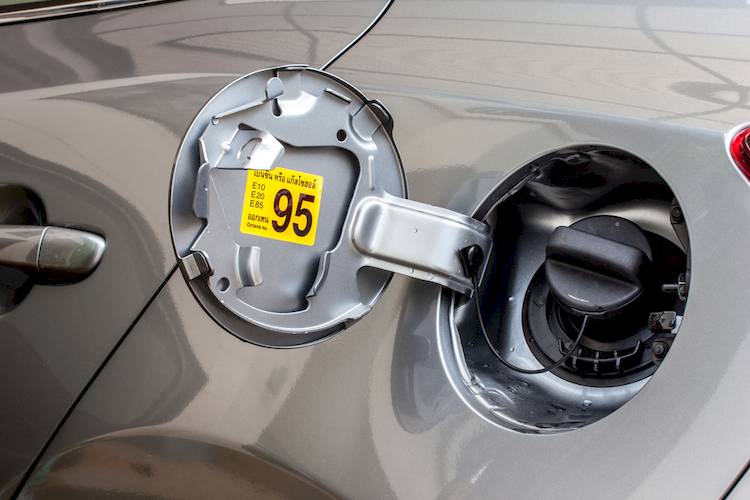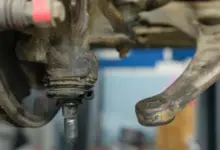Factors Why Your Volkswagen Check Engine Light is On
The Volkswagen check engine light lets drivers know that there might be a problem with the engine or that it might fail. There are many things that could cause your car’s check engine light to come on.
It could be anything from a simple sensor failure to a reminder to do maintenance or even a warning about major problems that could cause the engine to fail. So, if the check engine light comes on, it may not be the end of the world.
But if your Check Engine light comes on, you should bring your car to us as soon as possible for a full diagnostic check. Even if there doesn’t seem to be anything wrong, having it checked out could mean the difference between a cheap fix and having to replace the engine.
Volkswagen Check Engine Light

A flashing light means that the problem is dangerous and, if not fixed right away, could cause serious damage to the car. If the check engine light on your VW starts flashing, it means that something is wrong and needs to be fixed right away. You should bring your VW in right away.
This blinking light usually means that the engine has a serious misfire, which lets unburned fuel go into the exhaust system. There, it can quickly raise the temperature of the catalytic converter to a point where it is likely to be damaged and need an expensive repair.
Some owners ask if the check engine light flashes because of the spark plugs. This is a very likely reason. Misfiring can be caused by a bad, old, or dirty spark plug.
If you ignore the problem or keep driving, it could spread to the spark plug wires, the catalytic converter, or the ignition coils, which could lead to a very expensive repair.
Also Read: How Do You Reset Mazda Check Engine Light?
Volkswagen Check Engine Light Codes
When the check engine light comes on, it can be scary to see that little light on your car’s dashboard light up all of a sudden. However, you shouldn’t run away in fear right away. If you hear the term “diagnostic trouble codes” (DTC), it just means “check engine light codes.”
These are computer codes for cars that are stored by the ECM, which is also called the “on-board computer diagnostic system” (OBD) in your car.
There are a lot of different things your check engine light can mean. Even though that sounds hard, if you take the time to do basic diagnostics, you’ll learn useful things about your car and be able to use the Check Engine Light as it was meant to be used: as a guide.
Unfortunately, the Check Engine Light does not always come with clear and helpful signs that something is wrong with a car. Since there are hundreds of possible OBD codes, there are also hundreds of possible reasons why the light is on.
- Transmission issues
- Used battery
- O2 Sensor Fuel and air metering systems problems
- Ignition system faults
- Emissions controls issues
- Computer output circuit issues
- Gas Cap Loose or Not There Gas Cap Bad Spark Plugs
How to turn off the Check Engine Light on a Volkswagen
Your Volkswagen’s check engine light turned on for a reason, so fixing the problem is the best way to turn it off. If you think the problem is fixed but the light is still on. The best way to turn it off is to use an ODBII diagnostic tool or VCDS, which is how you found out what the problem was in the first place.
The light isn’t made to be turned off in any other way, but things like taking out the battery can sometimes turn lights off temporarily.
Volkswagen Check Engine Light Service
What do you do when you’re driving your Volkswagen and all of a sudden a yellow light that says “Check Engine” comes on? If you’re like most Volkswagen owners, your heart sinks because you may not know what that light means or what to do.
Just as stressful can be the fear of the unknown or the cost of the unknown. But take a deep breath and remember that just because the light is on doesn’t mean you need to pull over to the side of the road and call a tow truck.
Instead, you should get your Volkswagen checked out as soon as possible. If you don’t listen to that warning, you could end up breaking expensive engine parts in a big way.
When your Volkswagen’s onboard computer, the electronic control module (ECM), finds a problem in the electronic control system that it can’t fix, a computer turns on your check engine light.
This amber or yellow light usually says “Check engine” or “Service engine soon.” Sometimes, the light is just a picture of an engine or the word “check” next to a picture of an engine.
When the light comes on, the ECM stores a “trouble code” or “engine code” in its memory that can quickly tell if the problem is a sensor or a broken part of the engine.
Our Volkswagen auto mechanics at Larry H. Miller Volkswagen Lakewood use an electronic scan tool to read this code. If you want to do it yourself, there are also a number of code readers that are pretty cheap and made for that.
Even though this code will tell you what problem was found, a real diagnosis still requires a trained professional to find the exact problem and fix it.
Volkswagen Check Engine Light Flashing
Even though there are a lot of things that could cause the Check Engine Light to come on, we know from years of providing Check Engine Light Diagnosis Service that there are many common reasons, like a gas cap that isn’t tight enough.
A Check Engine Light can also be caused by a faulty emissions control part, a problem with the fuel injection system, a dirty mass airflow sensor, a faulty head gasket, a broken oxygen sensor, or faulty spark plugs, to name a few.
No matter what is causing the Check Engine Light, we have the Volkswagen Certified Mechanics and the certified service protocol to find the source of the problem and fix it to factory standards.
When this happens, the Check Engine Light will turn off, and you’ll know that the problem with your Volkswagen is completely fixed.
Every Volkswagen was made with a high-tech performance monitoring system that includes a computer and a set of sensors placed in key places around the car to track its most important systems.
The quick sensors are always looking for changes and sending important information to the electronic control unit. If the electronic control unit sees that the data is not within factory limits, the Check Engine Light will come on to let you know there is a problem. But, unfortunately, that’s all the Check Engine Light can do.
It won’t tell you what’s wrong or what to do about it. That’s where we come in. Larry H. Miller Volkswagen Lakewood has a Check Engine Light Diagnosis Service that finds the real problem and gives you advice on what to do next from an Exceptionally Qualified Service professional.
Is it safe to drive with the “Check Engine” light on in my Volkswagen?
This is not an easy question to answer because it depends on how bad the problem is. If the problem is small, like a loose gas cap, you should be able to drive.
Most of the time, this is shown by the check engine light staying on. If you notice a change in how the car runs, it could mean that there is a bigger problem.
If the check engine light is flashing, there is a serious problem and you should take your Volkswagen to the shop right away.
Reasons Why Your Volkswagen Check Engine Light is On
Have you ever been driving your 2016 Volkswagen Golf when the check engine light started flashing? You can go from being calm and cool to being paranoid and upset in an instant. When this little dashboard warning light comes on, you often feel like something bad is about to happen, and you wonder if your car is going to blow up.
It’s not as bad as all that, but ignoring it could lead to bigger problems in the future. Check out the most common reasons why your Volkswagen’s check engine light is on to avoid the sweaty palms that often come with it.
Your MAF, which stands for mass airflow sensor, needs to be changed.
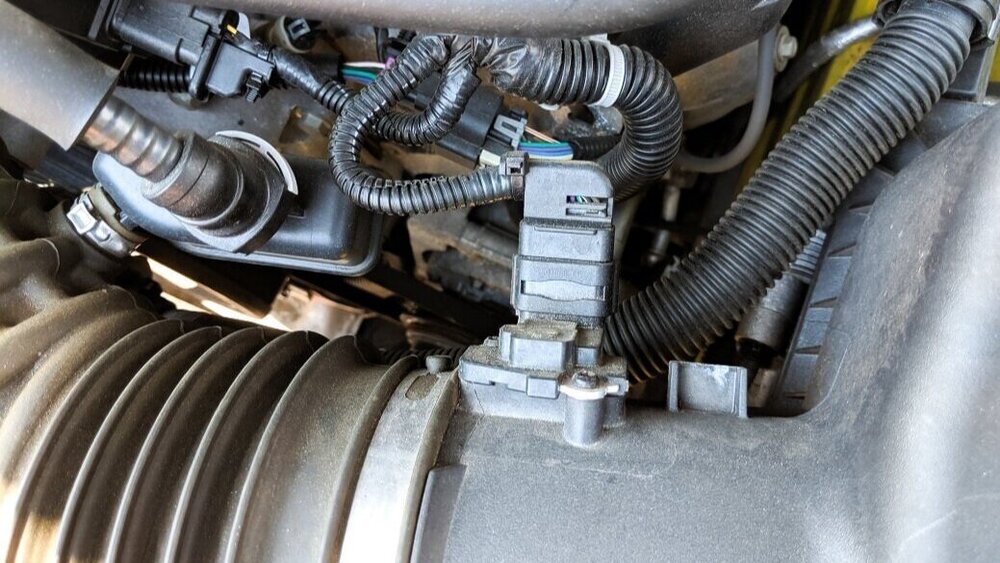
By measuring how much air goes into the engine, the mass airflow sensor in your VW figures out how much fuel you need to keep the engine running well.
The mass airflow sensor is part of the engine management system. It helps the engine adjust to big changes at the same altitude. If your VW is hard to start, idling rough, or the throttle pedal suddenly moves, this could be a sign that the mass airflow sensor is broken.
The battery is dead or almost dead.
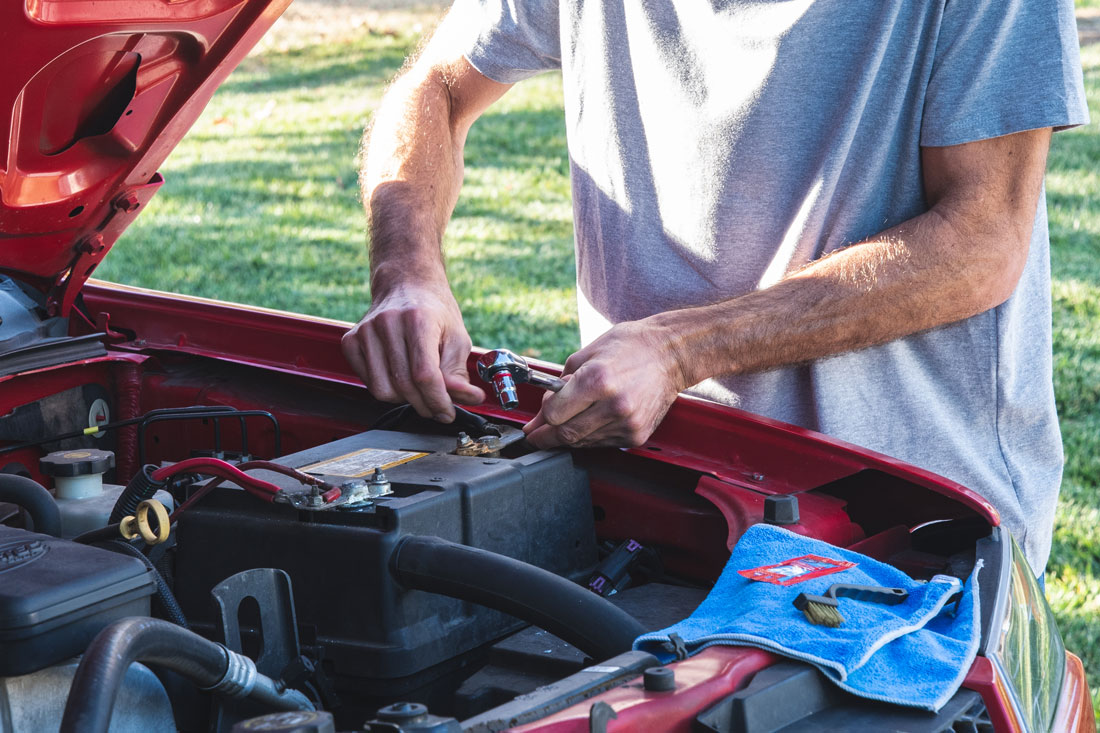
It’s very important that your VW has a good battery. Your car won’t start, light up the road ahead, play the radio, or charge your phone without a battery.
Batteries for cars today last a lot longer than they did a few decades ago, and they don’t really need to be taken care of. The price of a new one depends on what kind of VW you drive, but you can check out our coupons and specials for service.
The gas cap on your VW is loose, broken, or missing.
The gas cap on your VW has more than one job. It keeps gas fumes from escaping when you’re not driving, seals the fuel system, and helps keep fuel tank pressure steady.
What will happen if the fuel cap is broken? If your gas cap is old or the seal has been broken, you could lose gas through evaporation, which would mean you have to go to the pump more often. Luckily, it doesn’t cost much to replace a gas cap.
If your VW’s check engine light comes on soon after you put gas in it, you should first make sure the gas cap isn’t loose or that it’s still on the roof or at the fuel pump.
You need to get new spark plugs or plug wires for your Volkswagen.
The spark plugs in your car’s engine are what light the mixture of air and fuel in the combustion chamber. The pistons move because of this explosion, which makes the engine work.
The ignition coil sends the spark to the spark plugs through the spark plug wires. If your spark plugs or spark plug wires are old or broken, your car won’t run as well and won’t have as much power.
In the worst cases, your engine won’t start or will have trouble running. If the spark plugs and plug wires are worn, the catalytic converter can get clogged or the ignition coils and O2 sensors can get damaged, which will cost more to fix.
any problems with aftermarket items.
If you don’t know what you’re doing, an aftermarket alarm, exhaust, or extra part can really mess up your VW. These aftermarket parts and accessories can drain the battery, turn on the check engine light, or even stop the car from starting.
If these things sound good, bring your car to VW and our team of certified mechanics will make sure that your aftermarket parts were installed correctly and aren’t causing any problems.
Getting accessories, especially aftermarket parts and accessories, or using OEM parts from the start might cost a little more, but it could save you money in the long run if you don’t have to pay to fix bad work or damage caused by bad installation.
Your catalytic converter is broken or is about to break.

The VW’s exhaust system has a part called a catalytic converter. The job of the catalytic converter is to change the carbon monoxide that is made during combustion into carbon dioxide.
A broken catalytic converter is often caused by poor maintenance, so Nalley Volkswagen of Alpharetta gives every VW service a free multi-point inspection.
If your catalytic converter is broken and you don’t get it fixed, your VW won’t pass an emissions test, the engine won’t run as well, and your gas mileage will go down. Your car may also run at a higher temperature, which can make it overheat more and cause more problems.
You need to get a new O2 Sensor (Oxygen Sensor).
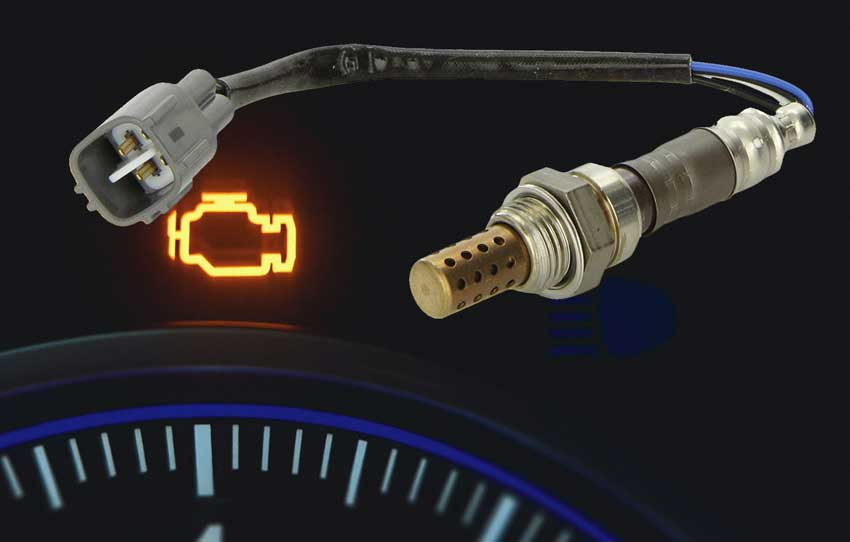
The Oxygen sensor, also called the O2 sensor, checks how much oxygen is in your exhaust system. If there’s too much oxygen in your exhaust system, fuel burns faster and your car’s gas mileage won’t be as good as it could be.
If I don’t replace your O2 sensor, what will happen? A broken sensor can hurt not only your miles per gallon, but also your Volkswagen’s catalytic converter and spark plugs.
The O2 sensor tells the onboard computer of your car how much air and fuel are really going into the cylinders of your engine. A car can also fail an emissions test if its O2 sensor is broken.
Your VW is leaking vacuum.
Every VW has a vacuum system that does a huge number of different things. By sending the fumes made when gasoline evaporates through the engine, the vacuum system also helps cut down on pollution.
If your RPM is high at idle or goes up and down randomly, it could be because of a vacuum leak. Vacuum hoses can dry out and crack over time, especially if they are exposed to high heat or bitterness.
